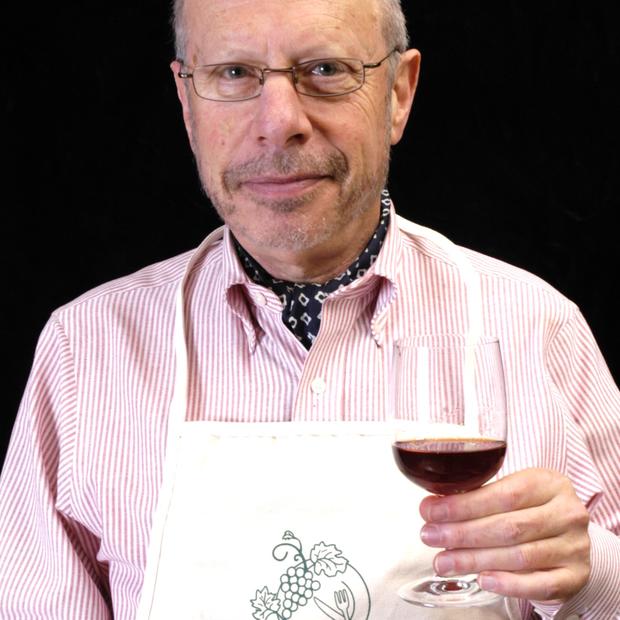There's an iconic photograph, an Italian street scene by Ruth Orkin, taken in 1951 when the artist was 30 and returning from her first professional assignment (a shoot in Israel for Life magazine). Stopping off in Italy, she crossed paths with a kindred spirit, an American painter named Ninalee Craig (who called herself Jinx Allen at time), and they spent a couple of hours in Florence, one August afternoon, with Jinx striking assorted poses and Ruth taking pictures. A gaggle of vitelloni had gathered on a corner of the Piazza della Republica, and Ruth dispatched Jinx to walk the wolfpack gauntlet. The figure of the lone American female, her shawl held closely, her head held high, striding with New World confidence past the leering lads and lecherous old men, appeared in a Cosmopolitan feature, "Don't Be Afraid to Travel Alone," that gave young women across America the courage to set out on their own adventures in postwar Europe.
One of those gypsies wasn't born until 1987 and was only 20 when she got to Italy. From what we've learned, she would have walked along the cobbled streets (in Perugia, rather than Florence) with that same pert, flirtatious confidence, and (from what we assume of male psychology and Italian culture) been met with the same lascivious interest. Being a university town, Perugia was teeming with girls like that, named Amanda or Heather or Haley. Some would be more demure, some more outgoing, just as some of the boys would be shy and some more forward, very occasionally leading to an outcome we've come to expect on the opera stage (mayhem and murder) but that shocks us when it's tabloid TV.
The mores of the 1950s were different, of course; it would take another generation before free love and pharmaceuticals made their way to the hill towns of Umbria, but we can already see in this picture the vast cultural gulf between America and Italy, between American girls and Italian men. Amanda Knox, who stumbled and fell into that chasm some two years ago, long proclaimed her innocence, but until Monday (Oct. 3), her voice was heard mainly on the Seattle side of the canyon. In Perugia, above the buzz of the Vespas, they heard the verdict of guilty — now overturned for both Knox and her former boyfriend, Raffaele Sollecito. Yet consider again the photograph: these are actors in a tableau, the men elegantly costumed, the woman's eyes modestly downcast as she plays the starring role in a passion play, not the bubbly comedy Roman Holiday but the Greek tragedy Phaedra.
This article is adapted from one that appeared on the author's blog, Cornichon, in December 2009.


